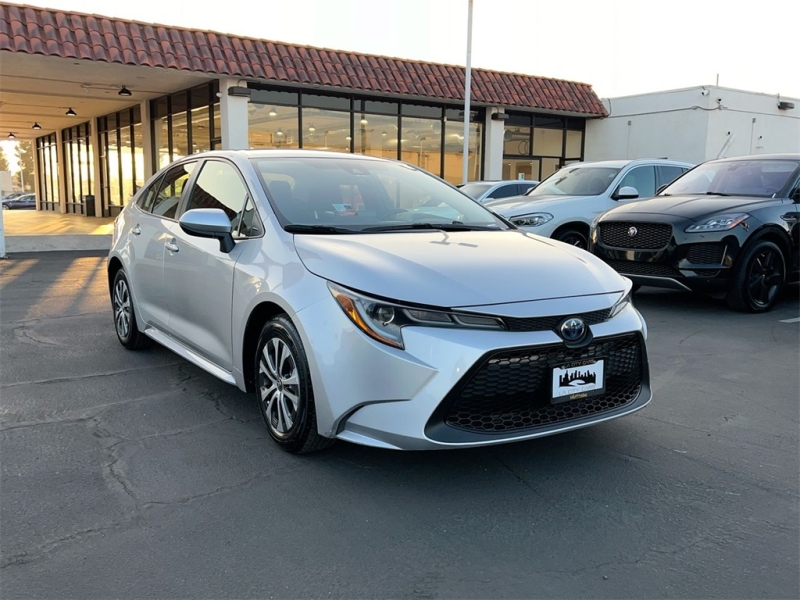A hybrid car, also known as a hybrid electric vehicle (HEV), is a type of vehicle that combines two or more power sources to propel the vehicle and improve fuel efficiency. The primary power sources in a hybrid car are typically an internal combustion engine (usually gasoline) and an electric motor. Here’s how a hybrid car works:
- Internal Combustion Engine (ICE): Like a traditional gasoline-powered car, a hybrid has an internal combustion engine. However, in a hybrid, the engine is often smaller and more fuel-efficient.
- Electric Motor: The electric motor in a hybrid car is powered by an onboard battery pack. This electric motor can assist the internal combustion engine or, in some cases, operate independently at low speeds.
- Battery Pack: Hybrids have a high-voltage battery pack that stores electricity. This battery is charged both through regenerative braking (recovering energy when braking) and through the internal combustion engine while driving.
- Transmission: A specialized transmission, often called a continuously variable transmission (CVT), is used in most hybrids. It manages power flow between the engine, motor, and wheels to optimize efficiency.
How a hybrid car operates can vary depending on the specific hybrid system it uses. There are several types of hybrid systems:
- Parallel Hybrid: In a parallel hybrid, both the internal combustion engine and the electric motor can provide power to the wheels simultaneously. The vehicle can operate on the engine, the electric motor, or both, depending on driving conditions.
- Series Hybrid: In a series hybrid, the internal combustion engine acts as a generator, charging the battery and providing electricity to the electric motor. The electric motor is solely responsible for powering the wheels.
- Plug-In Hybrid (PHEV): Plug-in hybrids can be charged via an external power source, such as a wall outlet. They typically have larger battery packs, which allow for longer electric-only driving ranges before the gasoline engine kicks in.
Benefits of hybrid cars include:
- Improved Fuel Efficiency: Hybrids use less gasoline, making them more fuel-efficient and environmentally friendly compared to traditional gasoline-only vehicles.
- Reduced Emissions: The electric motor in hybrids produces zero tailpipe emissions when operating in electric mode, reducing greenhouse gas emissions.
- Regenerative Braking: Hybrids recover energy during braking, which is used to recharge the battery, improving overall efficiency.
- Quiet Operation: When operating in electric mode, hybrids are quiet and produce less noise pollution.
- Potential Cost Savings: Hybrid owners may save money on fuel over time, especially if they do a lot of city driving where electric mode is most efficient.
It’s important to note that hybrid technology has evolved, and there are various types of hybrids on the market, including mild hybrids, full hybrids, and plug-in hybrids, each with its own characteristics and advantages. The choice of a hybrid car depends on individual driving habits, needs, and preferences.


